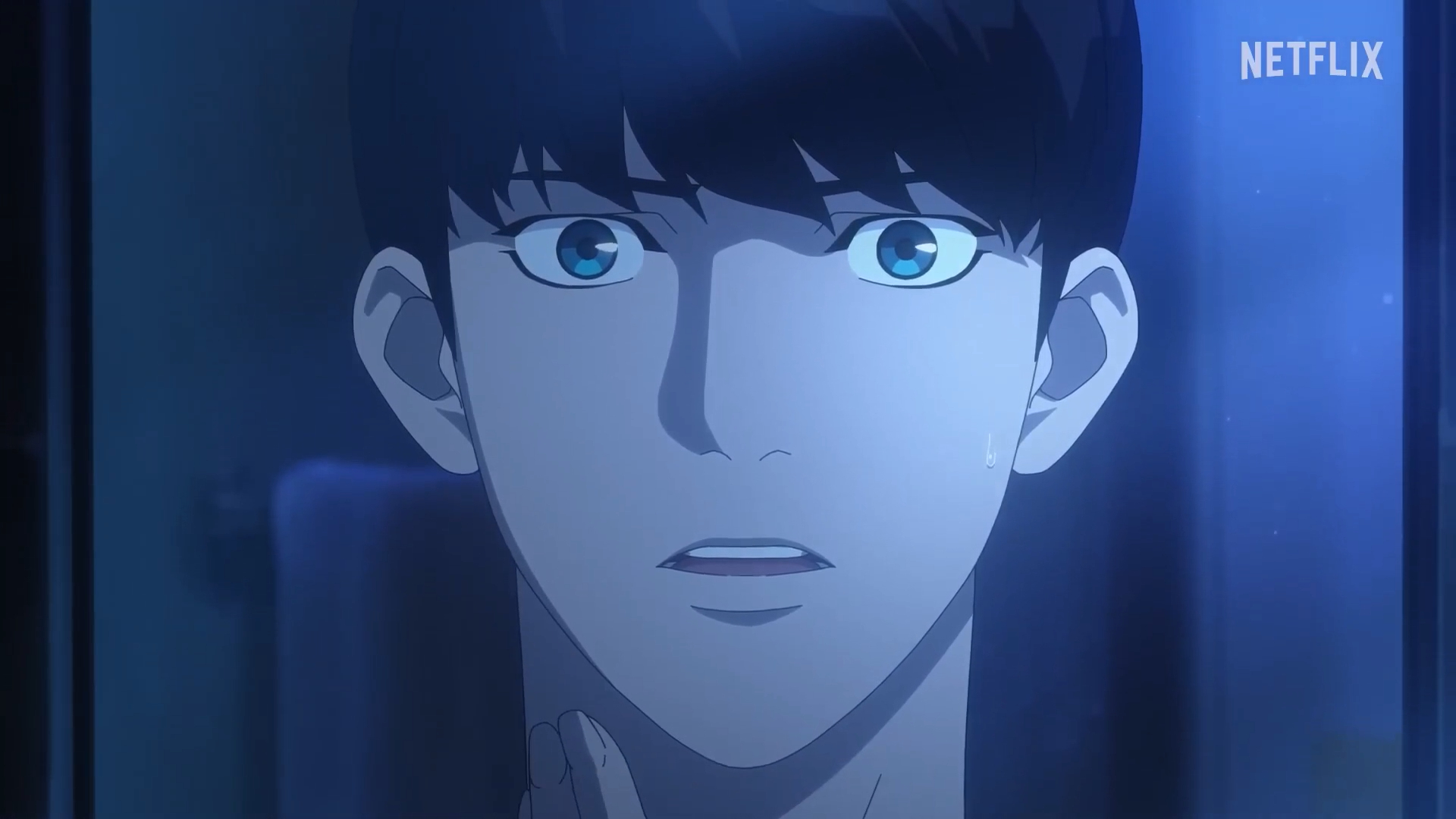In a highly controversial move, Christian groups in the U.S. have called for the removal of Demon Slayer from Netflix, claiming that the show promotes “satanic indoctrination” and “demonic propaganda.” These groups argue that the anime’s themes and portrayal of demons and spirituality conflict with Christian values. Despite this intense backlash, Netflix has refused to comply with the demand, citing the show’s adherence to its content guidelines.
The Christian Coalition’s objection to Demon Slayer centers on its fantastical elements, particularly the depiction of demons and spiritual battles. While the anime is known for its action-packed scenes and compelling characters, church organizations believe that it normalizes harmful depictions of the supernatural. This has fueled a heated debate, with both sides making their case through public statements and on social media platforms.
The Backlash and Netflix’s Stance

The demand for Demon Slayer’s removal from Netflix gained significant traction after Christian organizations issued public statements condemning the series as harmful to viewers, especially children. They argue that the anime’s portrayal of demons and spiritual themes is dangerous and undermines Christian teachings. Church leaders have spoken out, urging followers to boycott the show and petitioning Netflix to take it down.
In response, Netflix has stood firm in its decision not to remove Demon Slayer from its platform. The streaming giant emphasized that the anime adheres to its content standards and does not contain material that violates its policies. Netflix also expressed that it supports creative freedom and diversity in its programming, offering a broad range of content to cater to various tastes and cultural backgrounds.
Despite Netflix’s refusal, the issue has ignited a social media frenzy, with users on platforms like Twitter passionately debating the matter. Supporters of the show argue that Demon Slayer is a work of fiction with positive themes, such as bravery, friendship, and the fight against evil. On the other hand, critics claim that it sends the wrong message, particularly to young viewers, and distorts the moral narrative with its supernatural elements.
A Broader Debate Over Censorship and Creative Freedom

The controversy surrounding Demon Slayer brings to light a larger conversation about censorship and the role of entertainment in shaping cultural values. On one hand, there are those who believe that certain media should be subject to scrutiny and regulation to protect vulnerable audiences, particularly children. They argue that shows with supernatural or occult elements can influence impressionable minds and lead them down a harmful path.
On the other hand, defenders of Demon Slayer argue that the show is a work of fiction meant to entertain and inspire, not indoctrinate. They point out that many popular works of fiction, including fairy tales and fantasy novels, feature supernatural elements, yet they are not subject to the same level of scrutiny. This perspective emphasizes the importance of creative freedom and the right to explore complex themes in art and entertainment.
The debate over Demon Slayer is unlikely to be resolved soon, as it highlights the ongoing tension between freedom of expression and moral concerns. As streaming platforms continue to gain global influence, they may face increasing pressure to navigate these cultural clashes, balancing the demands of different audiences while upholding their commitment to diverse content.
Also Read: 15 Best High School Romance Anime That Will Hit You Right in the Feels




